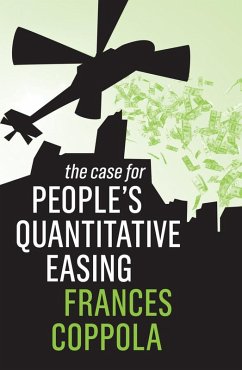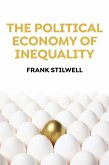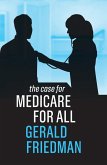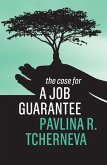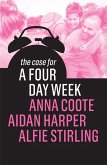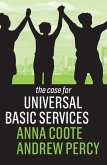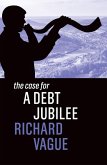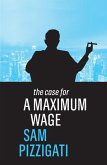Dieser Download kann aus rechtlichen Gründen nur mit Rechnungsadresse in A, B, BG, CY, CZ, D, DK, EW, E, FIN, F, GR, HR, H, IRL, I, LT, L, LR, M, NL, PL, P, R, S, SLO, SK ausgeliefert werden.
Steve Keen, author of Debunking Economics
'Frances Coppola is a world expert on commercial and central banking. Her defence of "People's QE" is a must-read for all those engaged in the debate. No one else could approach this subject more authoritatively.'
Ann Pettifor, Director of Policy Research in Macroeconomics (PRIME)

